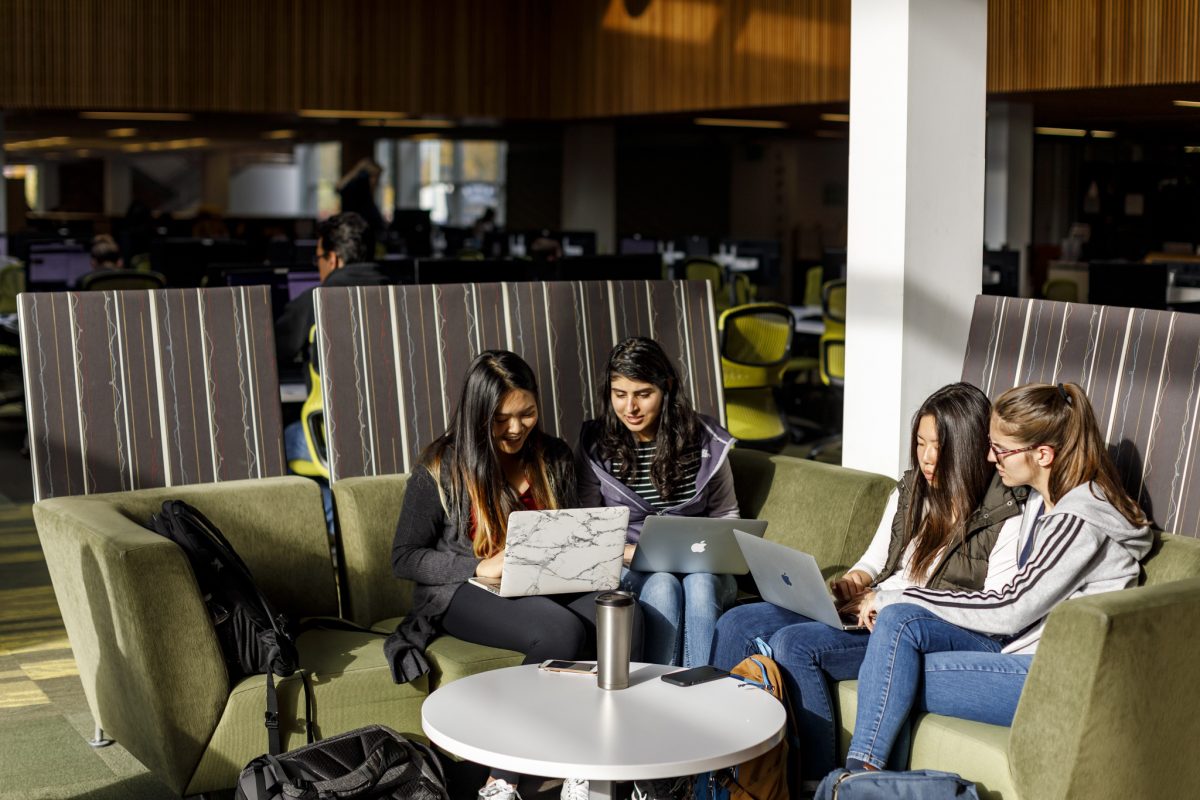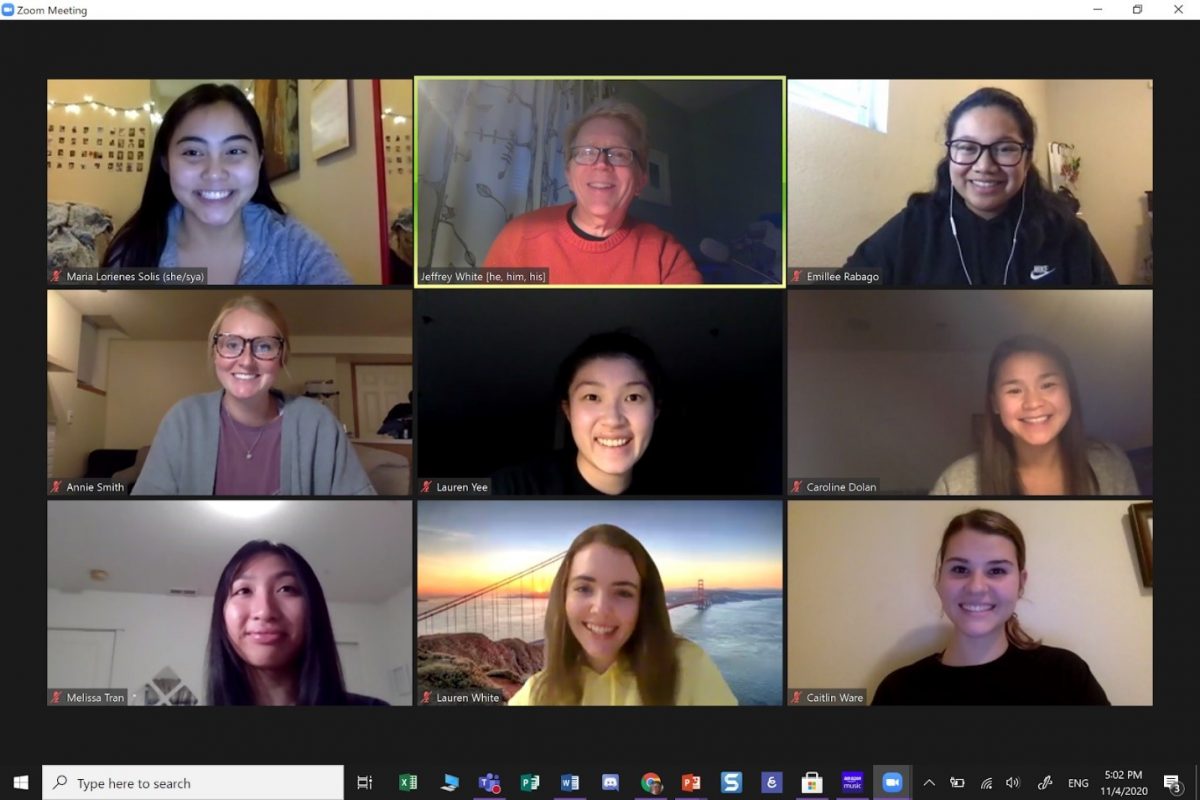As your student heads into the final weeks of classes and prepares for finals, consider these suggestions for supporting them!
Students should lean on their professors.
- Review sessions and exams may look different for every class depending on the professor. Make sure your student has clarity on what is expected by their professor. If there is any confusion, they should feel free to reach out to their professor and ask for clarification. Students can send emails, visit their “office hours,” or request time to speak on the phone. In whatever format they may use, it is more important than ever for students to reach out to and lean on their professors.
Every student is different.
- Just like every professor may be different in their teaching style, every student is different in their learning style. How has your student found success in studying previously? Is it possible to recreate that environment and those circumstances at home? With many students being remote, they may need to get creative in their approach to studying. If they usually study in groups, can they set up nightly study sessions on Microsoft Teams with their classmates?

Two is better than one.
- Encourage your student to study with a partner or group. This serves a two-fold purpose – it helps students learn the material and prepare for finals, and also provides social interaction and a sense of connection during a virtual semester. Going through intense things, like studying for finals, is a common college experience, so support your student in living these college experiences, even if it looks a little bit different now.

Br. Thomas Giumenta, C.S.C., the University’s Counselor for Learning Assistance, also provides some advice for families:
Dosage
- We all know that when we take medication, it is very important to take the right dose at the correct time. You don’t get better faster by taking all the pills at once. The same can be true in preparing for final exams. It is hard to start to prepare for exams if you think of “taking it all at once.” Exam preparation must start sooner than later and be parceled out well. This is done by putting the “what in the when.” That means that a student, with the help of an advocate, should look at the content that must be learned and the amount of time that remains to learn it. Then a match must be made by scheduling a specific study time with a specific academic task. It’s a little like making an appointment with yourself.
Should I Study for an Open-Book Test?
- The answer is “yes” – but in a particular way. If a student says to a parent, “There’s no need to study, it’s open book,” that student may not be able to locate the correct answers without familiarizing themselves with the content being tested. Always know where to find all the parts of the correct answer.
“It’s Overwhelming to Study for a Comprehensive Final.”
- If a student says this, they are feeling some discouragement which needs to be addressed. It’s important to see if the professor has provided a study guide for the final exam. If so, that needs to be the starting place. If not, a student can easily make their own study guide and then send it to the professor for comment. Narrowing down the content of study can provide the necessary encouragement.

All divisions of the Shepard Academic Resource Center (SARC) are meeting with students and available to help in the following ways:
- The First-Year Experience team will be sending all first-year students an email inviting them to meet with them and make a study plan for final exams. Please know if your student is having academic difficulties right now, the SARC staff wants to meet with and help them.
- The Learning Commons is providing online tutoring to students. If your student needs help with a specific class, please remind them that tutoring is available.
- Br. Thomas Giumenta, the Counselor for Learning Assistance, is also meeting with students. Br. Tom teaches students learning strategies and skills in a one-on-one (virtual) setting.
If your student has academic needs, please encourage them to reach out to the Shepard Academic Resource Center by sending an email to sarc@up.edu, calling 503.943.7895 and leaving a message, or by connecting with any of their staff through Microsoft Teams.




